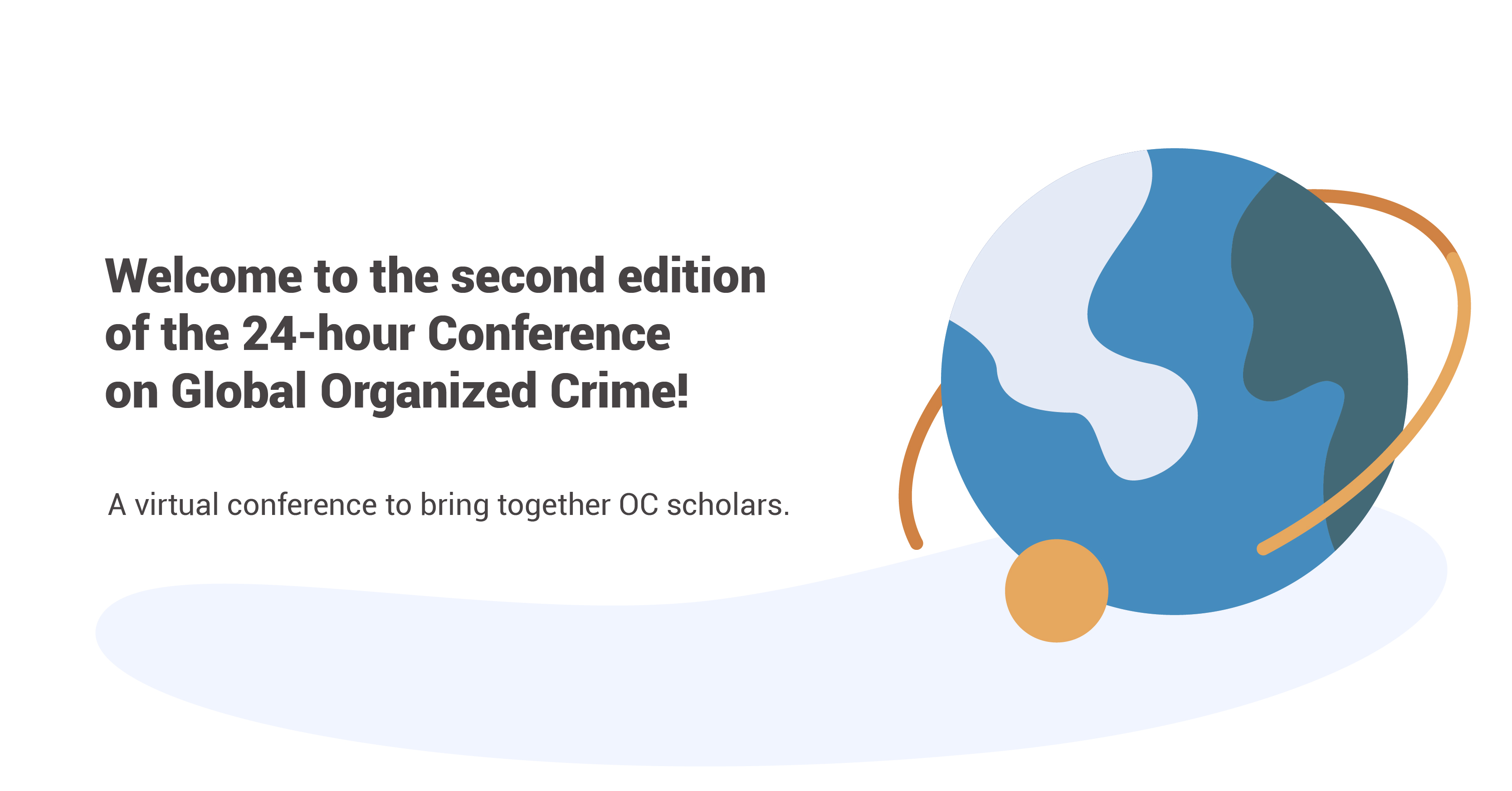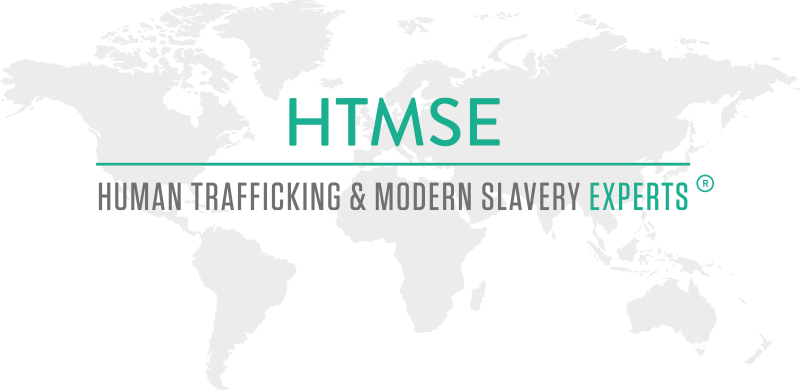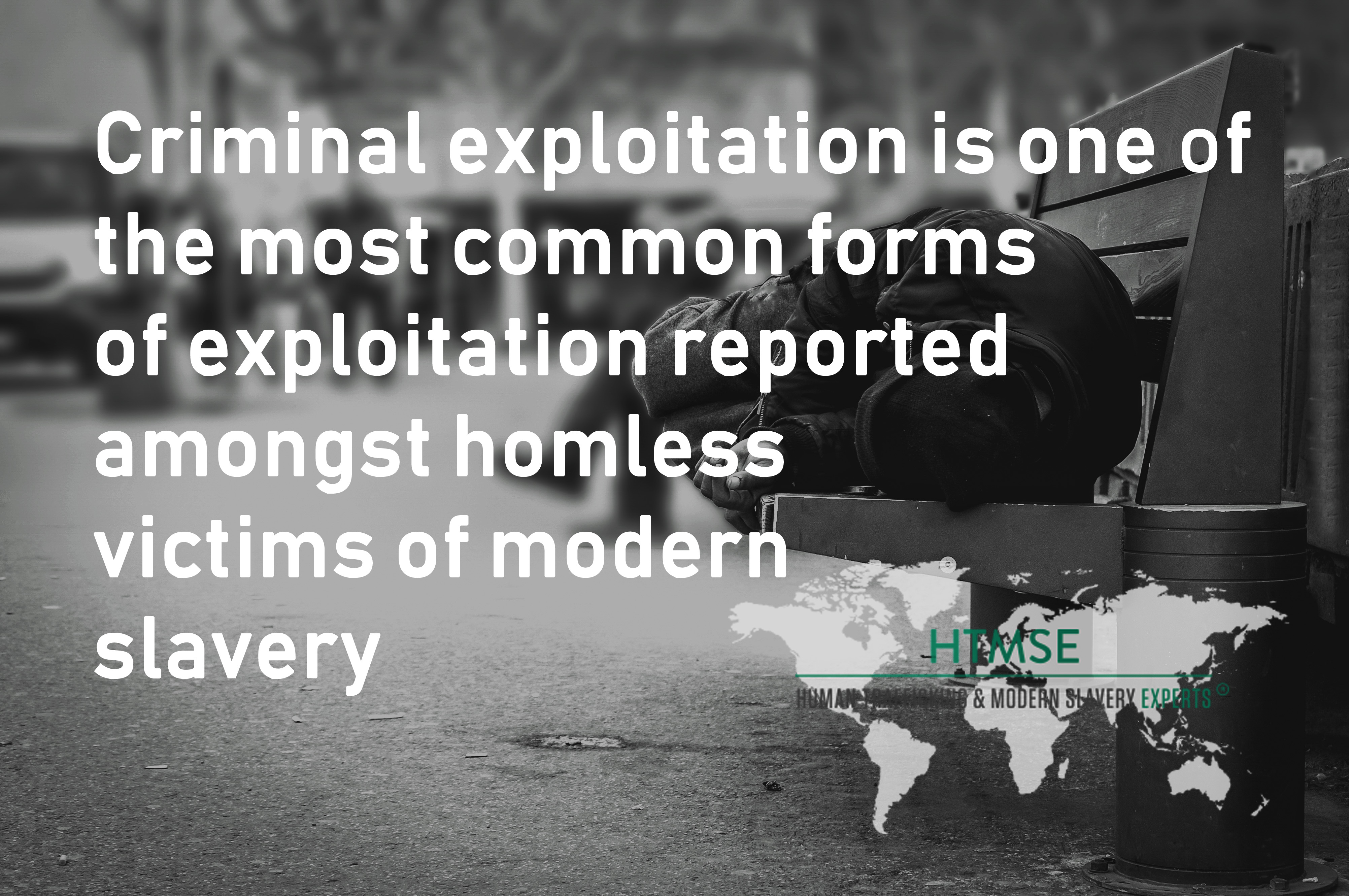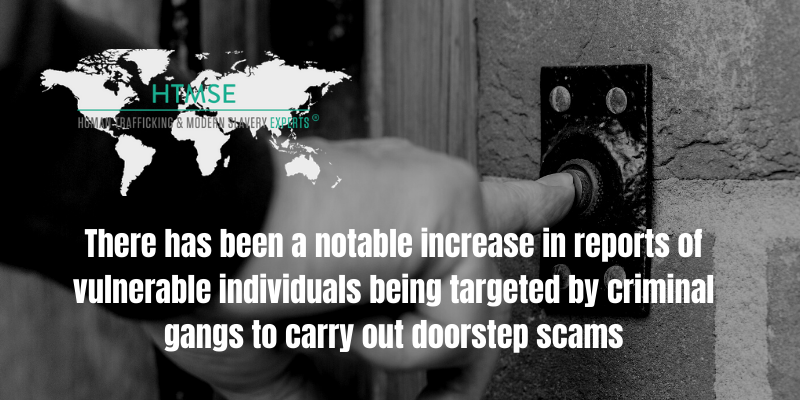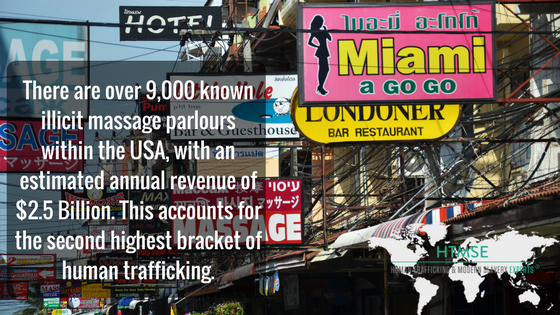
Workers in illicit massage parlours are often criminalised or punished for a job they may have been forced into. While some sex workers make the conscious decision to enter the line of work, many within the illicit massage business are victims of human trafficking and therefore work under conditions of force, coercion, fraud and deceit. Due to the underground nature of the business, crime lords and business owners have the ability to protect themselves and their own identities amongst the vast network of people involved. This poses a major issue as employees lower in the supply chain bear the consequences, on top of working under inhumane conditions.
Trafficking cases within massage parlours accounted for the second highest bracket in the USA in 2017, (to escort services as the first) with 2,949 out of 32,000 cases of trafficking recorded by National Human Trafficking Hotline. There are over 9,000 known illicit massage parlours within the USA, with an estimated annual revenue of $2.5 Billion.
However, these figures are a small estimation in the total scope of the problem. Naturally it is a crime that is difficult to quantify, as victims often do not know they are being taken advantage of or are manipulated into keeping quiet, through threats and control mechanisms. The victims are statistically most often women from China or South Korea, in their 30s-50s who have had children, speak very little English and are in positions of debt or financial pressures, in which they would have been taken advantage of by seeing this opportunity.
The perpetrators may use these vulnerabilities to fraudulently or deceitfully recruit women. The recruitment advertising often hides the sexual element of the work and also understates the pay, leading victims into debt to their traffickers. In addition, they may use coercion, legal and emotional manipulation, cultural shaming or deportation threats to force victims into commercial sex on an on going basis. Typical scenarios may be when women are told these circumstances are “normal in the USA” or “police are corrupt and will not help them”, or using blackmail by threatening to tell victim’s families of their sexual experiences. Their access to money, communication and national identification are most often confiscated.
The underlying cause of illicit massage businesses is to feed larger crime networks. ‘Front’ businesses are operated, including nail salons and laundromats, in order to launder money through and move victims between. However customers who engage in this business create the demand and therefore sustain the business.
According to the Polaris Project report, there are some obvious indicators as to which parlours are operating commercial sex, even if they do not openly advertise it. If they do, they promote to primarily male clientele through online sites such as Backpage.com and Craigslist. They will typically offer lower market price reflecting the wages of the women, if any. There will be private presentation of the business, often with windows covered and locks on doors with buzzer entry only. A significant indicator of trafficked victims is when the women live on site of the parlour.
The most effective way of combating trafficking in the massage industry is effective and local-national scale legal framework, with increased risk for the traffickers themselves rather than their employees forced into criminality or prostitution, with thorough law enforcement and consistent regulation. In the USA, 46 states reference industry standards for massage orientated businesses, yet these are usually only regulated on county or city level. Business operations including open hours, profit transparency, landowner responsibility should be enforced, and online advertising banned. On a broader scale, cross-state investigations into trafficking and crime rings should aim at the root of the issue, as well as avoiding media framing of ‘sex workers’ as the criminals rather than victims.
